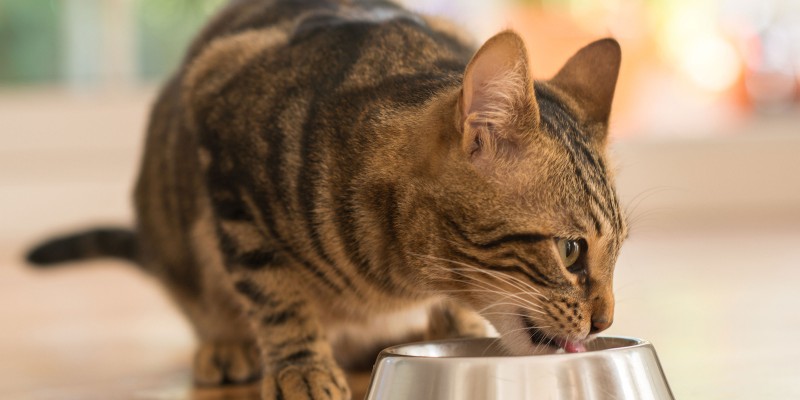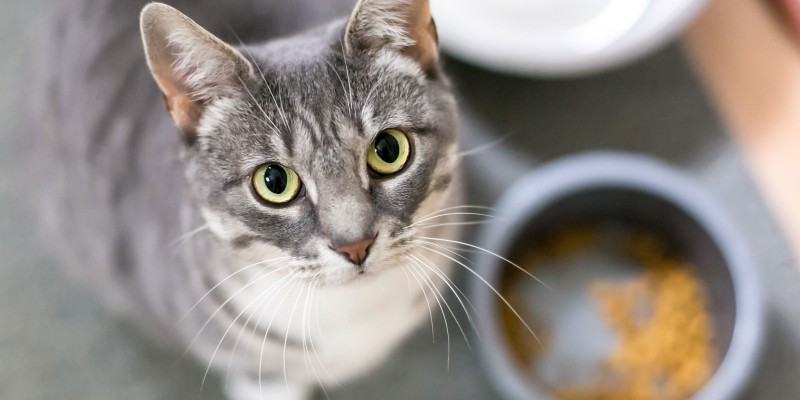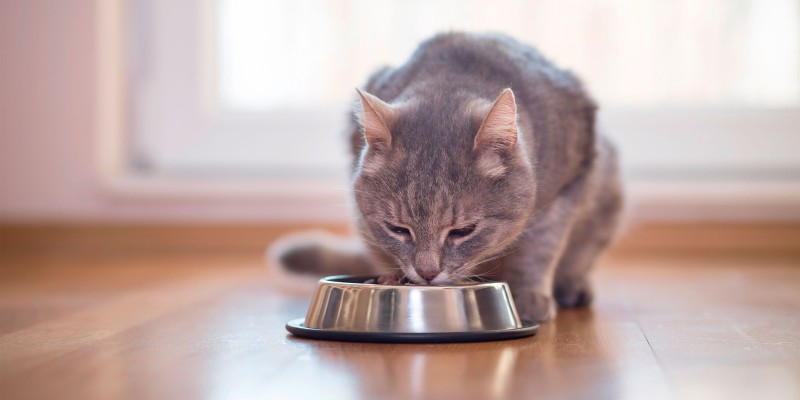Cat Feeding Guides
Feeding your cat a healthy and balanced diet is essential for their overall health and well-being. Our cat-feeding guidance provides expert tips on what to feed your feline friend to ensure they receive all the necessary nutrients. From understanding the different types of cat food to knowing how much to feed your cat, we've got you covered. With our expert guidance, you can feel confident that you're providing your cat with the best possible nutrition to support their overall health and well-being.
















